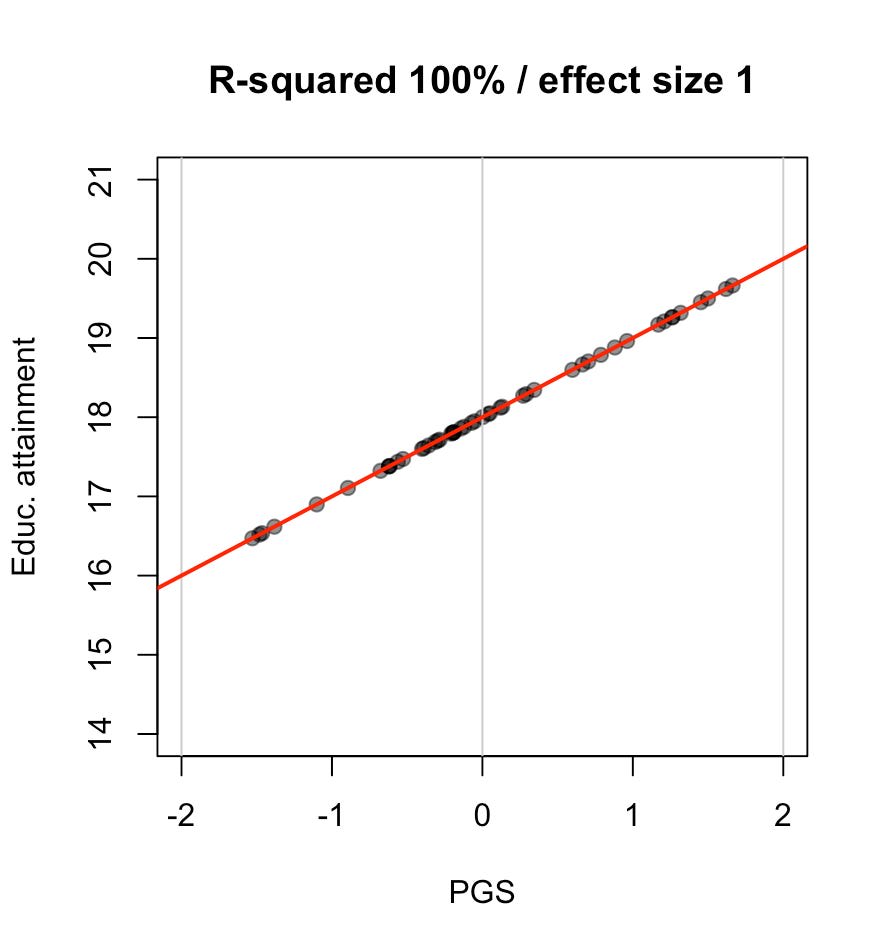Self-Control Secrets of the Puritan Masters
People today are fighting the temptations of a new economy. With Twitter and TikTok a click away, we need self-control to get anything done. There’s an explosion of new movements and techniques to fight procrastination, from Pomodoro (which gives you timed breaks when your tomato-shaped kitchen timer runs out) to self-help books and subreddits. Our 17th-century forebears knew the story. They faced the rather earthier temptations of the early modern economy: drinking, gambling, whoring, but also again procrastination. They needed self-control to be good Christians, following their calling in a sinful world. Like us, they developed a set of techniques. If you’re bored with Buddhism and Yoga makes you yawn, let me introduce you to some spiritual wisdom from closer to home: the self-control secrets of the Puritan masters. Art by Stable Diffusion Puritan techniques were based on methodical self-examination and discipline. Self-examination was necessary because Puritans knew from experience that good intentions weren’t enough. The self was “caried of his lusts as the cart drawn by a wild horse”. Even regenerate Puritans, born again in the spirit, kept an “Old Adam” within them who would work to undermine the new man. Daniel Dyke’s 1615 Mystery of Self-Deceivinge catalogued the “dangerous Art of self-Sophistry” by which we fooled ourselves. A modern behavioural scientist would recognize many of these tricks: the actor-observer asymmetry, where we blame others’ deeds on their character, but our own on our situation, “transferring the fault upon the outward occasions, whereby they were entised [sic] to sin”; self-serving bias, “if the action be so grosse, as that it cannot be excused in itself, yet to excuse it, as it was done by us”; and the old excuse that we were only obeying orders, blaming “the commandement, or example of our superiours”. Dyke also understood how the best intentions go astray in small steps: “grant [sin] but her little, and this little will quickly co


